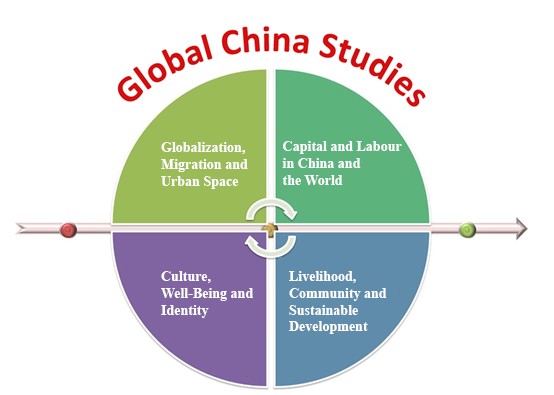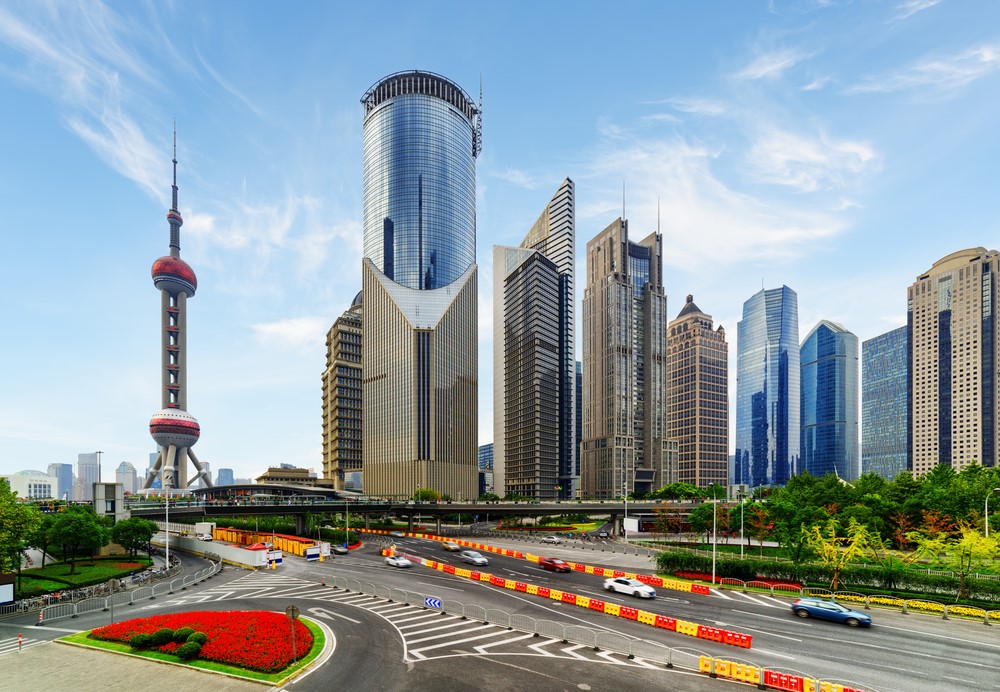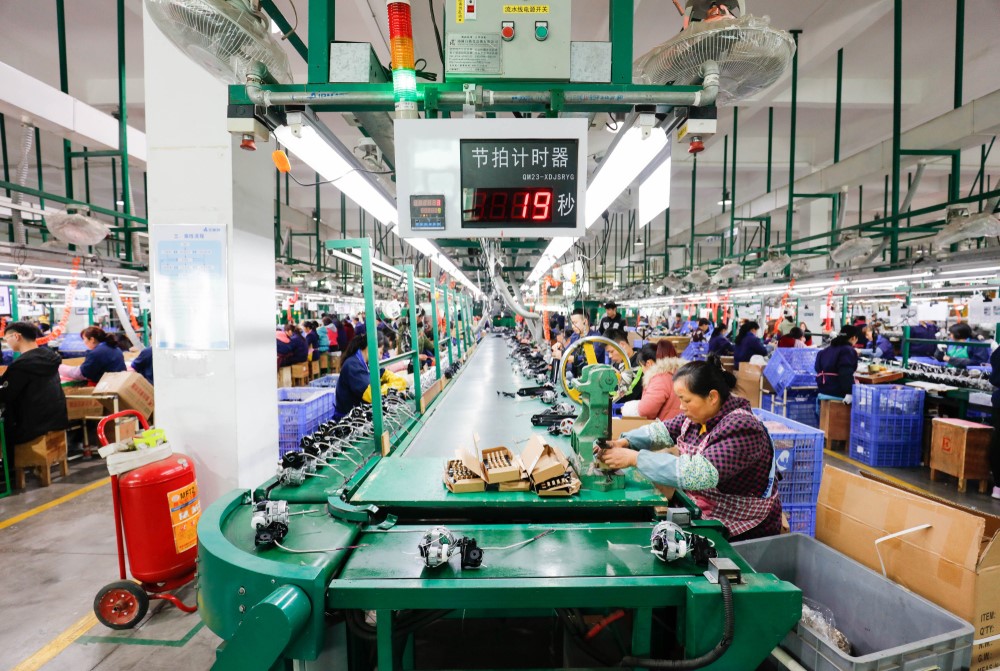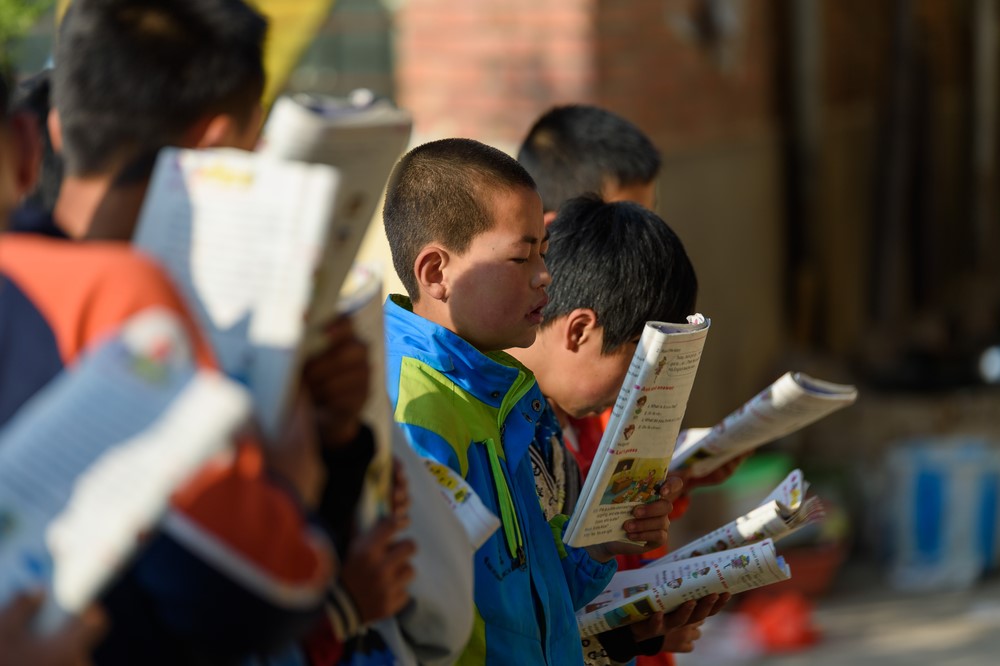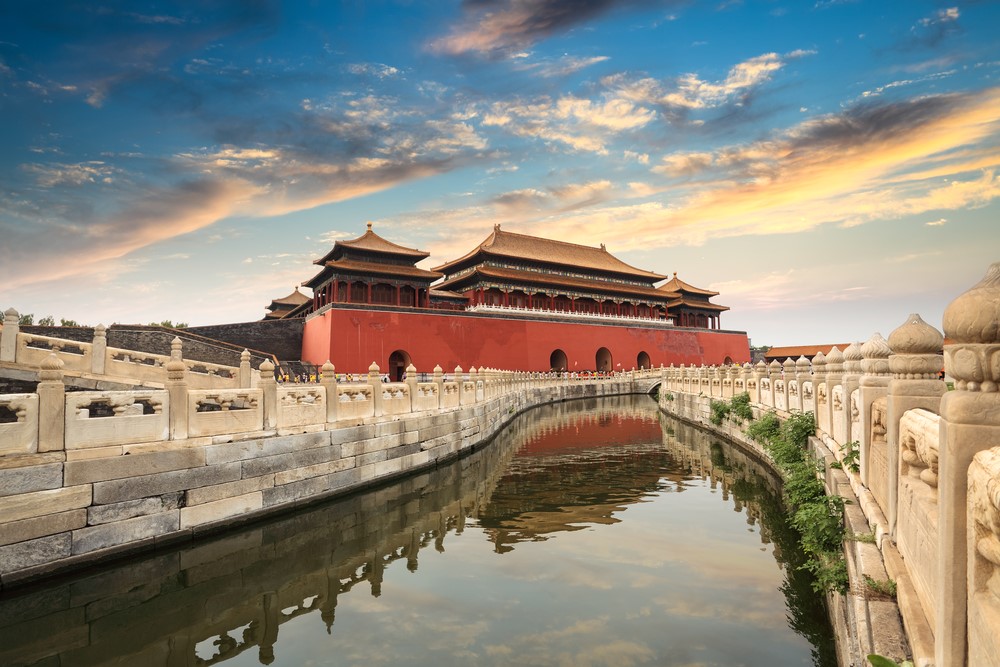The four main themes are interlinked in Global China Studies and we strive to explore the most advanced theories and praxis towards developing a sustainable China in a global context. Our philosophy is to join advanced knowledge building, critical policy analysis, and innovative community praxis in our scholarship and research programmes. While we place a particular emphasis on trans-border linkages between Hong Kong and China, we aim to acquire broader global and regional perspectives and excel in global dialogues. We plan to run international conferences, seminars and workshops in related to the four themes and generate high-impact monograph series, edited volumes, journal articles and reports.
1. Globalisation, Migration and Urban Space
1. Globalisation, Migration and Urban Space
To provide critical knowledge on the rise of China in a global context, especially with regards to one belt one road development and provides reflection on profound social, economic, political and cultural changes in the process.
Researches in this theme focus on issues of globalisation, migration, spatial and class re-arrangement, and social inequality of China with a comparative perspective. We will examine the uneven geographies of China's development - China's Southwest, Northwest and Northeast frontiers, for example. These regions are caught up in the interplays between global economic forces and the sedimented legacies of socialist planning and multi-ethnic relations. This theme will also question the development model of rapid urbanisation and migration that creates social inequality between rural and urban China, income disparity among social classes, uneven development across regions.
2. Capital and Labour in China and the World
2. Capital and Labour in China and the World
To offer insightful studies on the transformation of the socialist China into global capitalism as well as the recent rise of China a world power and its impact on the neighbouring countries. Under the influence of neo-liberal capitalism, foreign capital pouring in to build China as a world factory is now parallel to Chinese capital pouring out to invest in many regions of the world. The neo-liberal economic crisis also leads to heated debates on its impact on redistribution of wealth, changing of social reproduction and re-making of social classes globally. This dual process reshapes the production and reproduction of labour on a global scale linking Chinese labour with labour in the world.
This theme will also reflect on issues of overproduction, overconsumption, urbanisation, migration and environmental sustainability.
3. Livelihood, Community & Sustainable Development
3. Livelihood, Community & Sustainable Development
To examine the rapid change of social policies and social welfare in China and the rapid emergence of social and regional inequality over the country. The blooming of grass root projects and third sector is now attempting to resolve the social problems.
This theme will also look at changing family roles and new social initiatives such as rural cooperatives and their relations to family, community participation, gender equality and poverty clearance. On the one hand we diagnose the root cause of social problems, on the other hand, we aim to explore alternative ways of social and community economies—social enterprises, fair trade, autonomous producer cooperatives and consumer cooperatives, etc.—that could forge new social relations among Hong Kong, China and the world.
4. Culture, Well-being and Identity
4. Culture, Well-being & Identity
To study the transformation of everyday practices of Chinese societies in the areas of culture and value, health and wellbeing, gender and sex relations, social media and communication, and youth and education. With the advent of digital capitalism, a mobile society will require pilot studies to understand the emergence of cultural and social change in contemporary period.
This theme will reflect on culture development, including new mobile communication practices, consumption, changing lifestyles, etc. that are impacted by global consumerism and the loss of socialist utopia. In particular, this theme will look at social tensions and integration created by the cross-border movement of the Greater China Region. The process of individual and collective identity formation, hegemon and culture reproduction will be analysed in this problematic social terrain.

